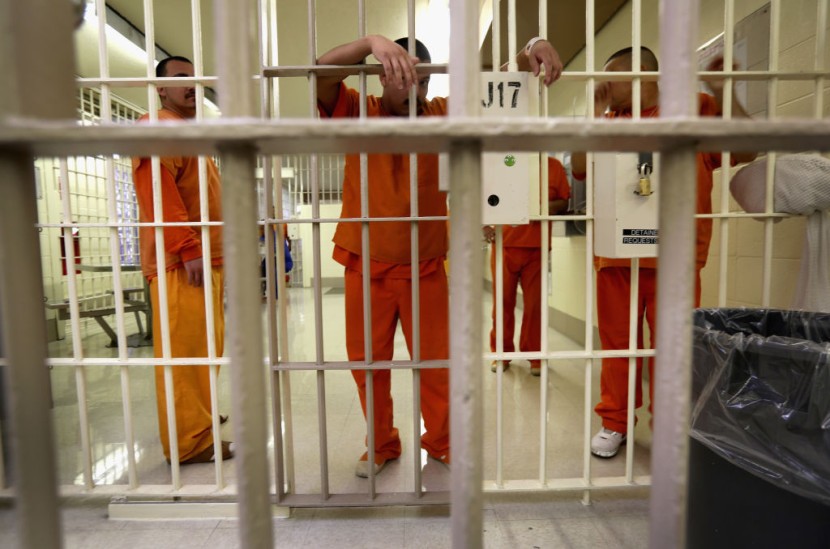
Massachusetts Democrats have introduced a law that would decrease inmates' sentences in exchange for organ and bone marrow donations.
The measure, sponsored by State Representatives Carlos Gonzalez and Judith Garcia, would establish The Bone Marrow and Organ Donation Program inside the state's Department of Correction, which would reduce the sentences of offenders by sixty to twelve months.
The 'Bone Marrow and Organ Donation Program' For Inmates
However, the law has prompted ethical issues among the more than 6,000 Massachusetts prisoners. The proposed legislation requires the formation of a five-member "Bone Marrow and Organ Donation Committee" with just one position earmarked for a prisoner's rights advocate.
Other members would include Department of Correction personnel, a donation specialist, and an advocate for bone marrow and organ donation. Gonzales told WHYN that the law might expand the donor pool in the state in order to save lives, adding that he was motivated to draft the legislation after seeing a friend with a failing kidney.
Garcia stated on Twitter that the initiative would restore bodily sovereignty to detained individuals by offering possibilities to give organs and bone marrow, stressing that there is now no way for incarcerated individuals to donate, not even for family members.
Along with Gonzales and Garcia, Democratic Representatives Shirley Arriaga, Bud Williams, and Russell Holmes are co-sponsors of the bill.
Read Also: German Woman Tries To Poison Lookalike
Concerns Spark Over Massachusetts' Proposed Bill
However, many are concerned that the scheme may exploit vulnerable prisoners who would donate organs in return for a lighter term, according to Daily Mail. Advocates at the Massachusetts Prisoners' Legal Services told The Lever that while the measure might potentially save lives in the state, the program is fraught with ethical problems.
Many on social media mocked the bill's writers and condemned the apparent incentive system for organ donations. Many also recalled The Jigsaw Man by Larry Niven, which depicts a future in which convicts' organs are taken.
Jesse White, policy director for Prisoners' Legal Services of Massachusetts, said in a statement that PLS is in contact with the bill sponsors and is aware of the significant problem they have identified: racial inequity in our health system, which has left BIPOC communities disproportionately affected by organ and marrow shortages.
In addition to having questionable ethics, the measure may also violate federal law, as per Kansas City. The National Organ Transplant Act, which was enacted in 1984, makes it illegal to give or receive human organs for "consideration."
South Carolina state legislators debated a similar plan in 2007, but a discussion on lower penalties was postponed owing to worries about potential violations of federal law. Gonzalez stated that the scheme may be implemented without the punishment element.
No state permits the donation of organs from executed prisoners, even if they are registered as organ donors. According to the United Network for Organ Sharing (UNOS), there are now 104,413 individuals awaiting an organ transplant in the United States, of which 58,970 are on an active waiting list.
Related Article: Tyre Nichols Death: Suspects Indicted with Murder Charges
@YouTube
© 2026 HNGN, All rights reserved. Do not reproduce without permission.








